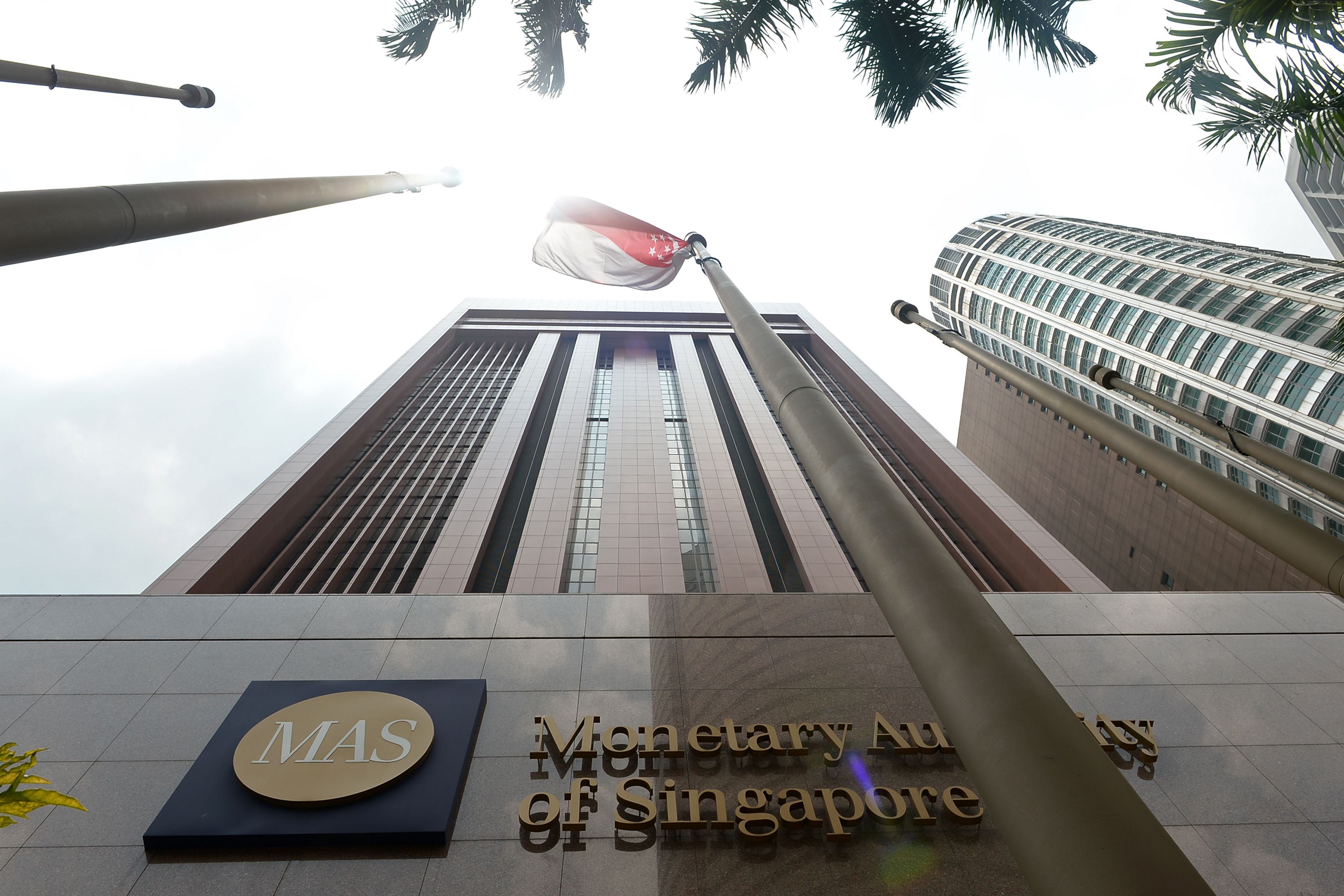
Singapore to Regulate Fintech Firms Only When They Pose Risk
By Sharon Chen and Chanyaporn Chanjaroen for Bloomberg
Singapore will start to regulate its financial technology companies only when they grow to a sufficient size to pose risks to the wider financial system, the managing director of the country’s central bank said.
“If you start regulating every one of those, you stifle a lot of innovation, and they don’t get a chance to grow,” the head of the Monetary Authority of Singapore Ravi Menon told reporters on Tuesday during a visit to New York. “So only when they grow and reach a certain critical mass, which then poses a significant impact on the system, or it can affect a large number of consumers, then we step in to regulate. It’s always a fine balance,” Menon said.
Singapore is trying to encourage investment in financial technology to boost its role as a regional banking hub. In August, the MAS set up a FinTech & Innovation Group to promote the sector, hiring former Citigroup Inc. banker Sopnendu Mohanty to head the in-house unit. The central bank has also committed to invest S$225 million ($167 million) over five years in fintech projects.
Even when they get larger, the MAS is unlikely to apply the same level of regulation on fintech firms as it does on its banks, Menon said. He took the example of PayPal Holdings Inc., which provides payment services despite not being a bank.
“Do you want to regulate PayPal the way you regulate DBS or Standard Chartered? No, that would be far too onerous, that would kill the business model and they won’t even come here,” Menon said. “Do you need to regulate them? Yes, because they have a scale,” he added.
It’s still too early to quantify how much the fintech industry will generate in economic growth for Singapore, Menon said. The most immediate impact is likely to be on jobs in the traditional banking sector, he said.
“It’s a process of creative destruction we’ve seen in every instance of technology advancements, and fintech will be no different,” said Menon.
Menon is in New York with Singapore’s Deputy Prime Minister Tharman Shanmugaratnam as part of efforts to promote the island nation as a financial center.
“We’ll have to manage some interesting tensions as we go forward,” Shanmugaratnam said in a speech in New York. “It’s hard to say how this is going to play out. It’s hard to say whether the new players will actually disrupt existing financial business in a big way. It hasn’t happened yet, except perhaps in China, but I think it’s too early to say.”
First apppeared in Bloomberg.com





